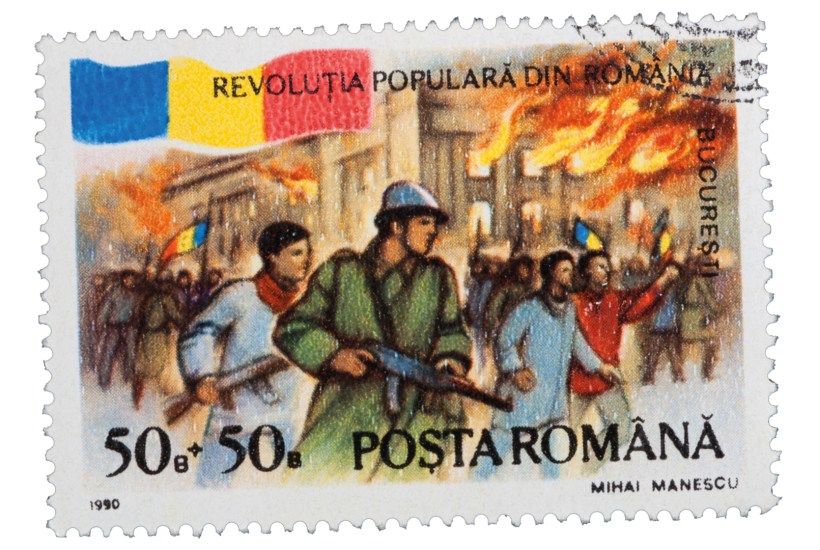I never intended to spend Christmas 1989 on a short break in Bucharest. I had enjoyed a long, thrilling autumn in dark, sad cities in eastern Europe, running and marching with ecstatic crowds as they overthrew communism. But this had all been in the calmer, less exotic regions of the Warsaw Pact, where dumplings were on the menu, passions were equally stodgy, and both rebels and governments would rather hold press conferences than open fire on each other.
Already a subscriber? Log in
Subscribe for just $2 a week
Try a month of The Spectator Australia absolutely free and without commitment. Not only that but – if you choose to continue – you’ll pay just $2 a week for your first year.
- Unlimited access to spectator.com.au and app
- The weekly edition on the Spectator Australia app
- Spectator podcasts and newsletters
- Full access to spectator.co.uk
Or
Unlock this article
You might disagree with half of it, but you’ll enjoy reading all of it. Try your first month for free, then just $2 a week for the remainder of your first year.








Comments
Don't miss out
Join the conversation with other Spectator Australia readers. Subscribe to leave a comment.
SUBSCRIBEAlready a subscriber? Log in